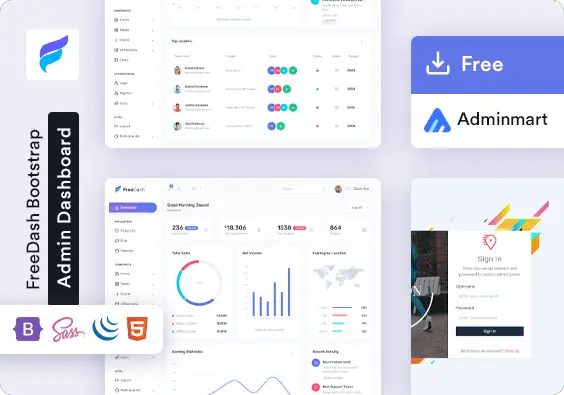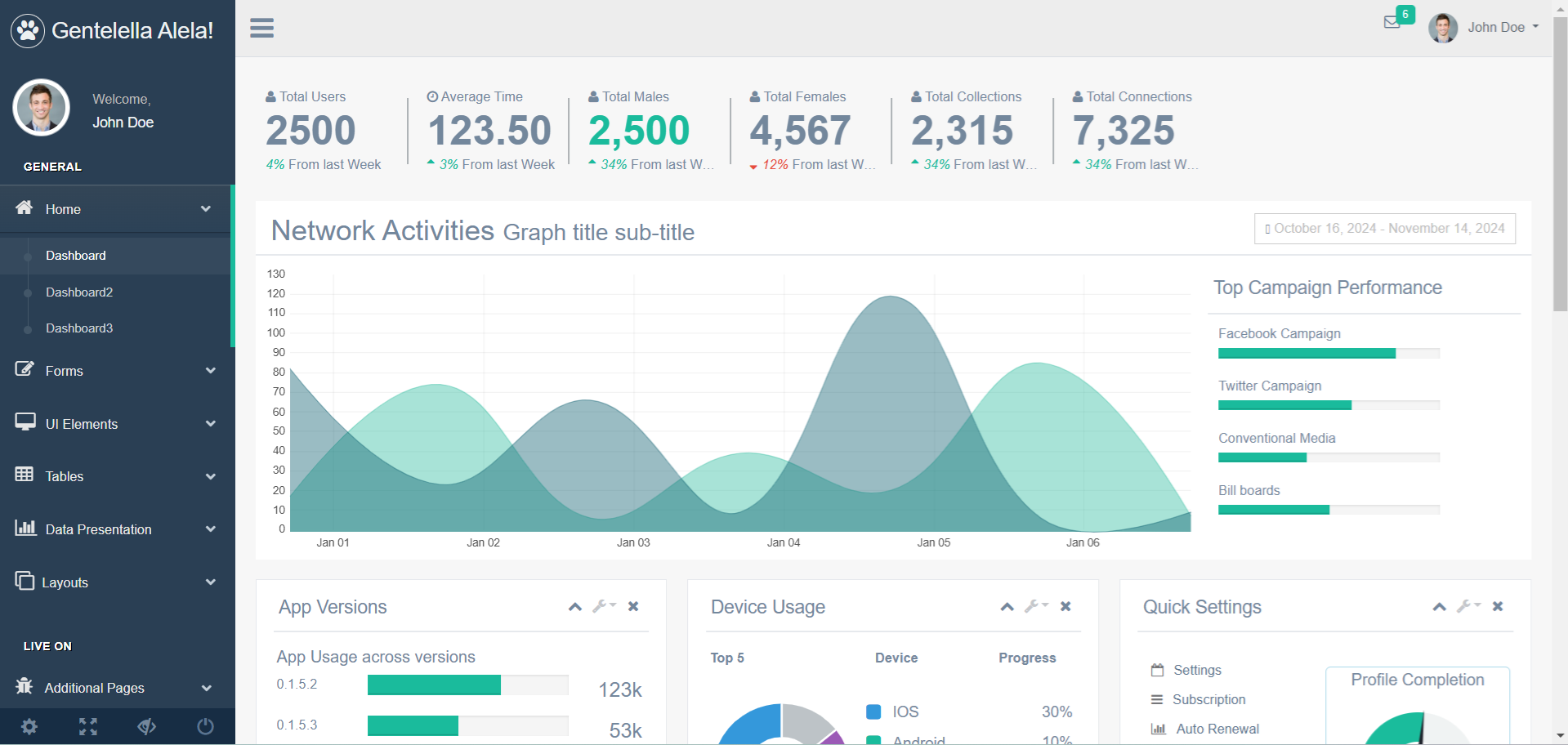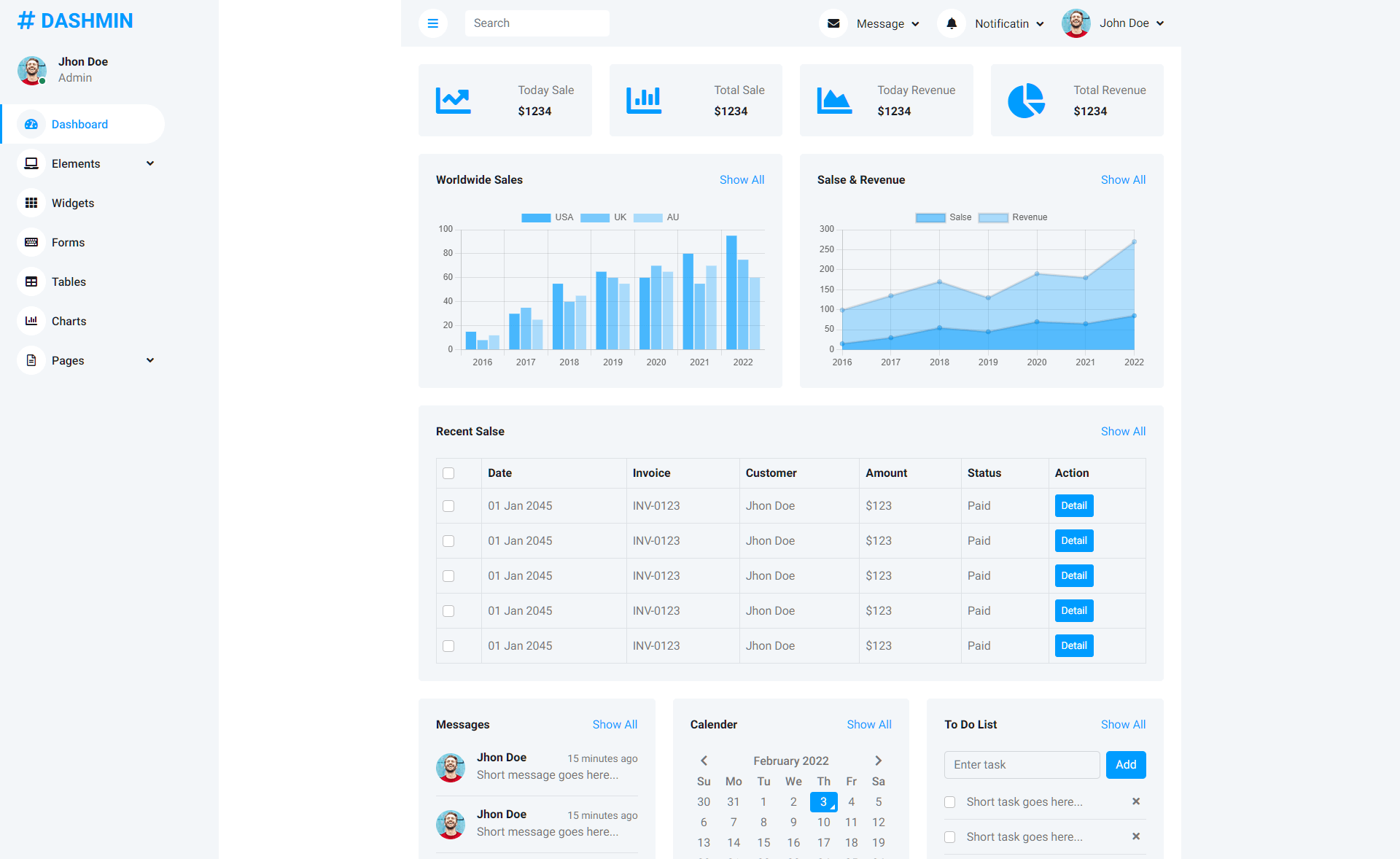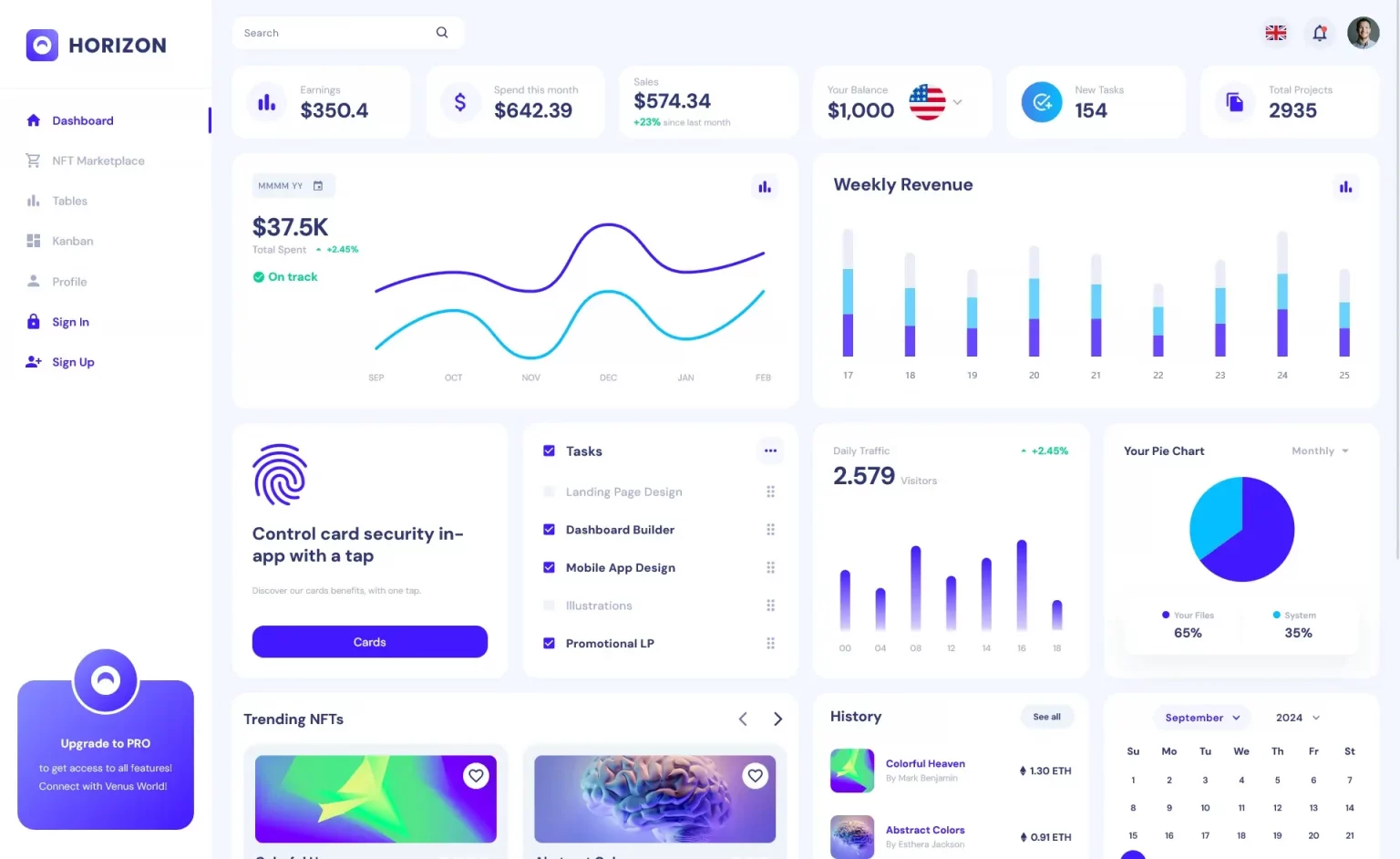How to convert file data to byte array in C#
By Tan Lee Published on Dec 30, 2024 520
In this article, we'll discuss how to convert a file into a byte array in C#.
Why Convert a File to a Byte Array?
A file, whether it's a text document, an image, or a compressed archive, is stored in binary format. To transfer this file over a network or store it in a database, we typically convert the file into a byte array. A byte array is simply a sequence of bytes that represents the file's content.
Converting a File to a Byte Array
using System;
using System.IO;
public class FileConverter
{
public byte[] ConvertFileToByteArray(string filename)
{
// Open the file stream
using (FileStream fs = new FileStream(filename, FileMode.Open, FileAccess.Read))
{
// Create a byte array of the file stream length
byte[] bytes = new byte[fs.Length];
// Read the file into the byte array
fs.Read(bytes, 0, (int)fs.Length);
// Return the byte array representing the file content
return bytes;
}
}
}In this example:
- The
FileStreamis used to open the file for reading. Thefilenameparameter represents the full path to the file you want to convert to a byte array. - We then create a byte array,
bytes, with a length equal to the size of the file. - The
fs.Readmethod is used to read the contents of the file into the byte array. The file's data is read into thebytesarray starting at the first index (index 0), and the number of bytes read is the file's length. - After reading the entire file, the byte array
bytesis returned, which now contains the file’s binary content.
You can now use the ConvertFileToByteArray method to convert any file to a byte array.
public class Program
{
public static void Main()
{
string filePath = @"C:\dell\file.zip";
FileConverter converter = new FileConverter();
byte[] fileBytes = converter.ConvertFileToByteArray(filePath);
Console.WriteLine($"File converted to byte array with length: {fileBytes.Length}");
}
}By converting files to byte arrays in C#, you can easily send them across networks, store them in databases, or work with them in APIs, making this technique a key part of modern application development.





